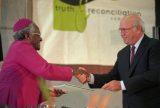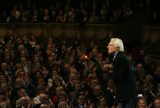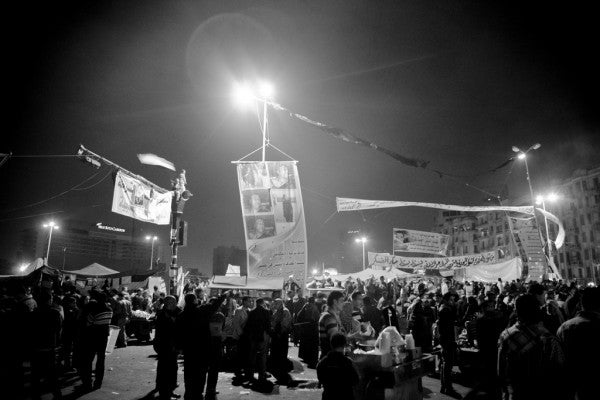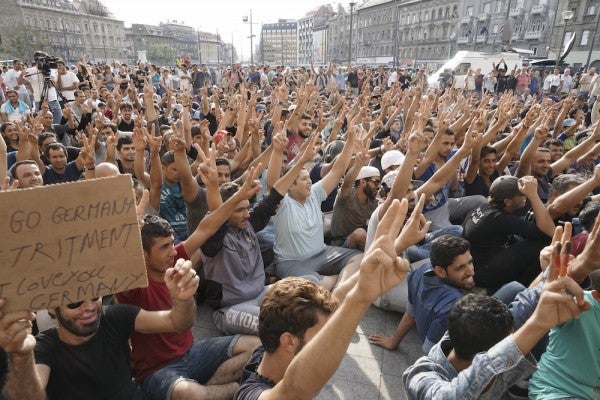When Is It Right (or Wrong) to Rebel?
Considering Syria Through the Writings of Thomas Hobbes Shows the Promise and Perils of Revolution
When protesters confronted the autocrats of Tunisia, Egypt, Libya, and Syria early in 2011, many liberally minded people around the world hailed this Arab Spring as a moment of great hope, comparable to the velvet revolutions of 1989 in Eastern Europe. But the picture soon got complicated. Whereas the Tunisian and Egyptian regimes capitulated relatively peacefully, only the Tunisians secured democracy, as the Egyptian revolution was subsequently overturned.
Libya and Syria both descended into civil war. In Libya, the outcome has so far been an unstable political vacuum. In Syria, the …














